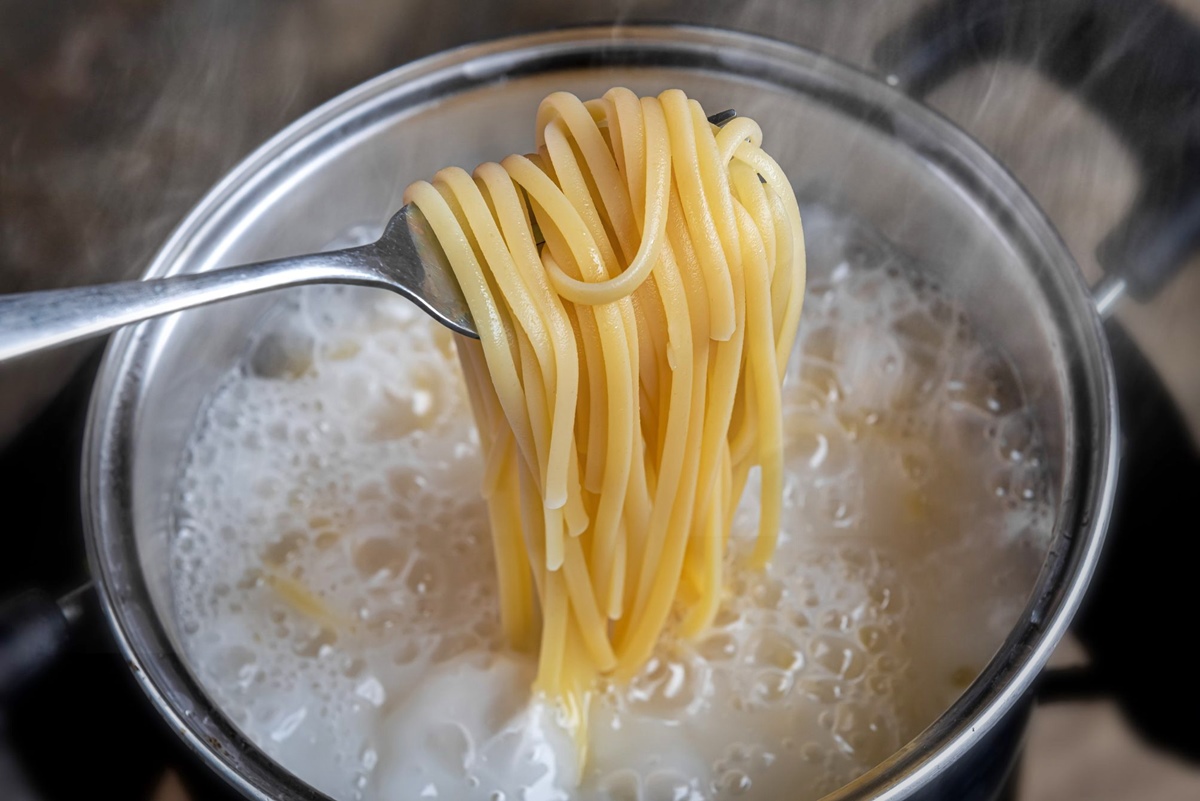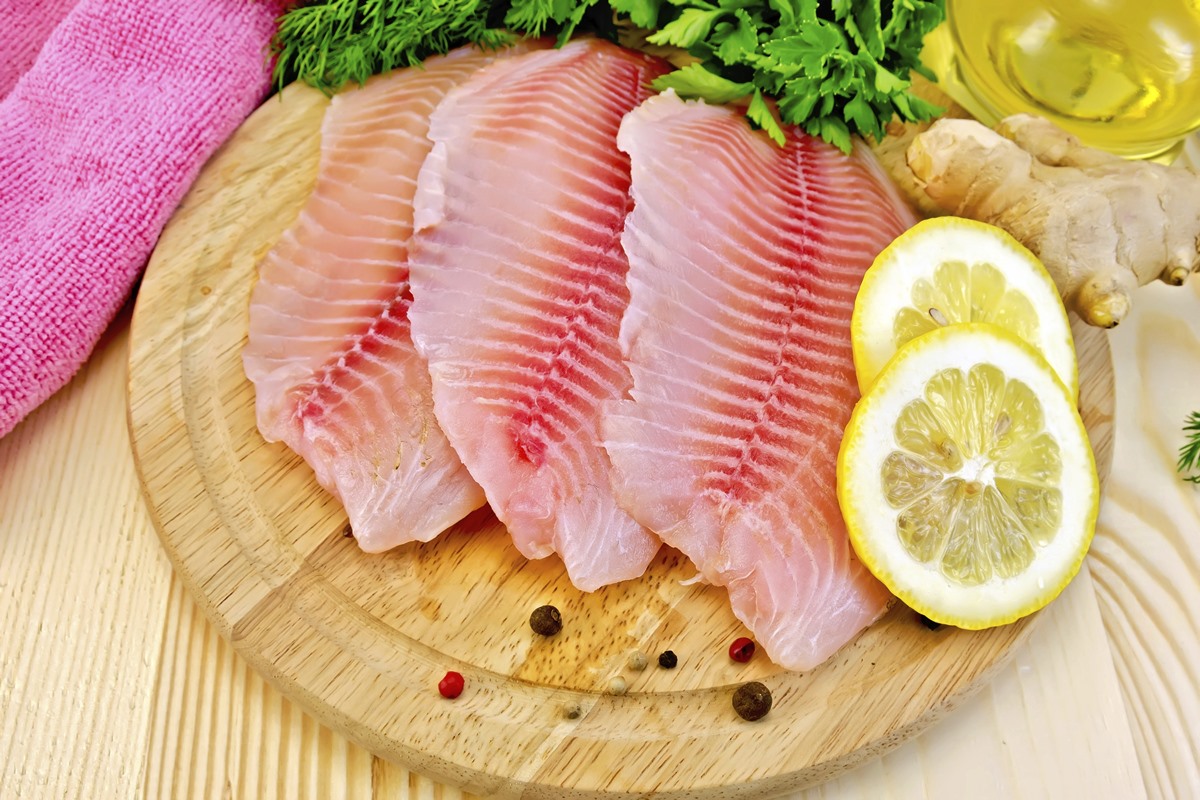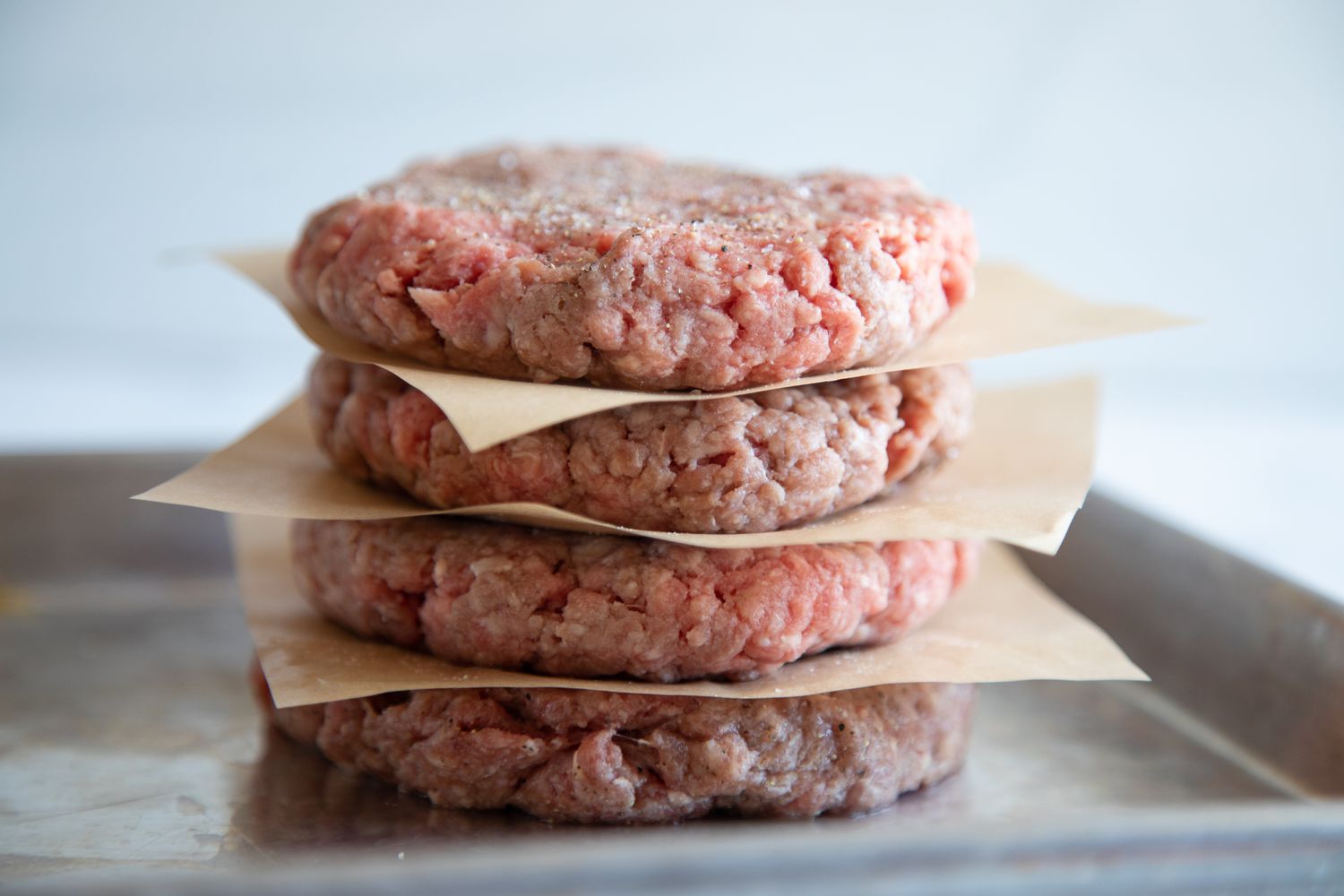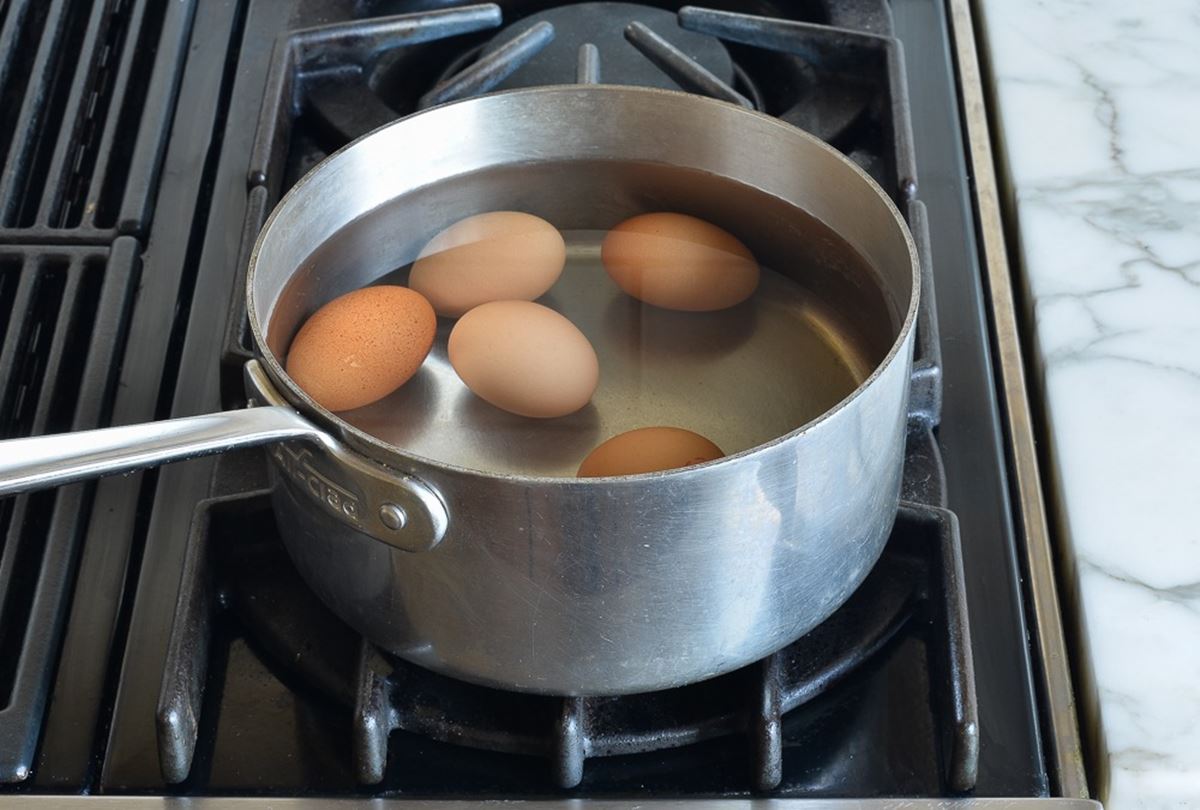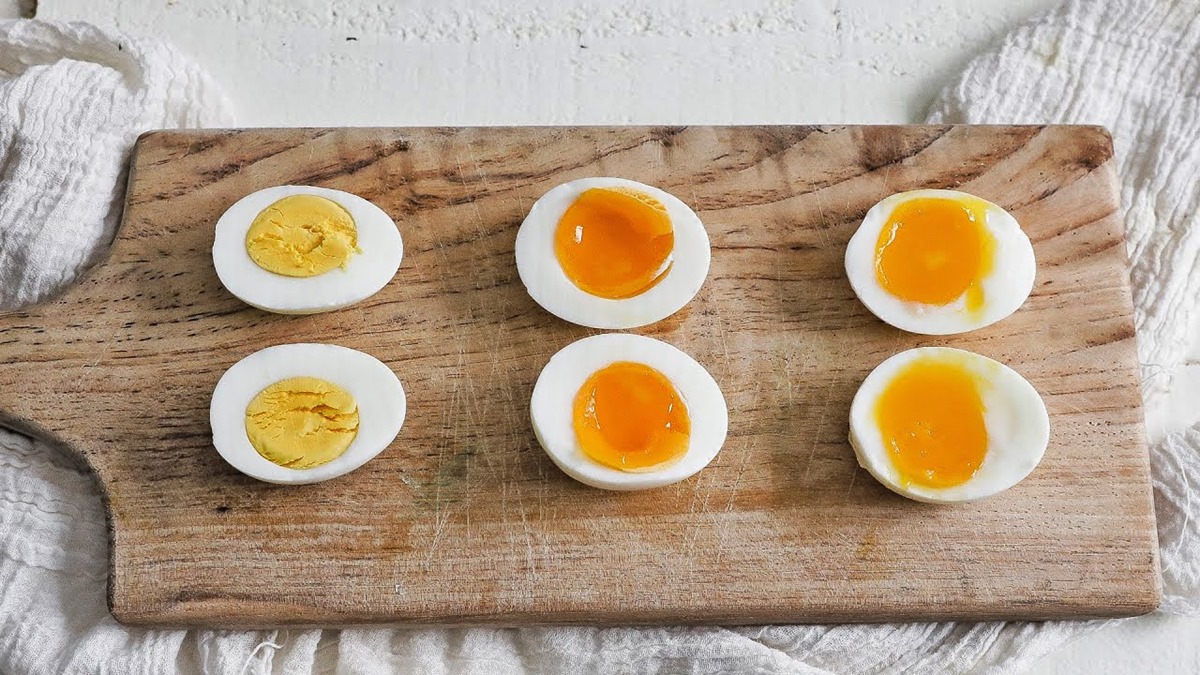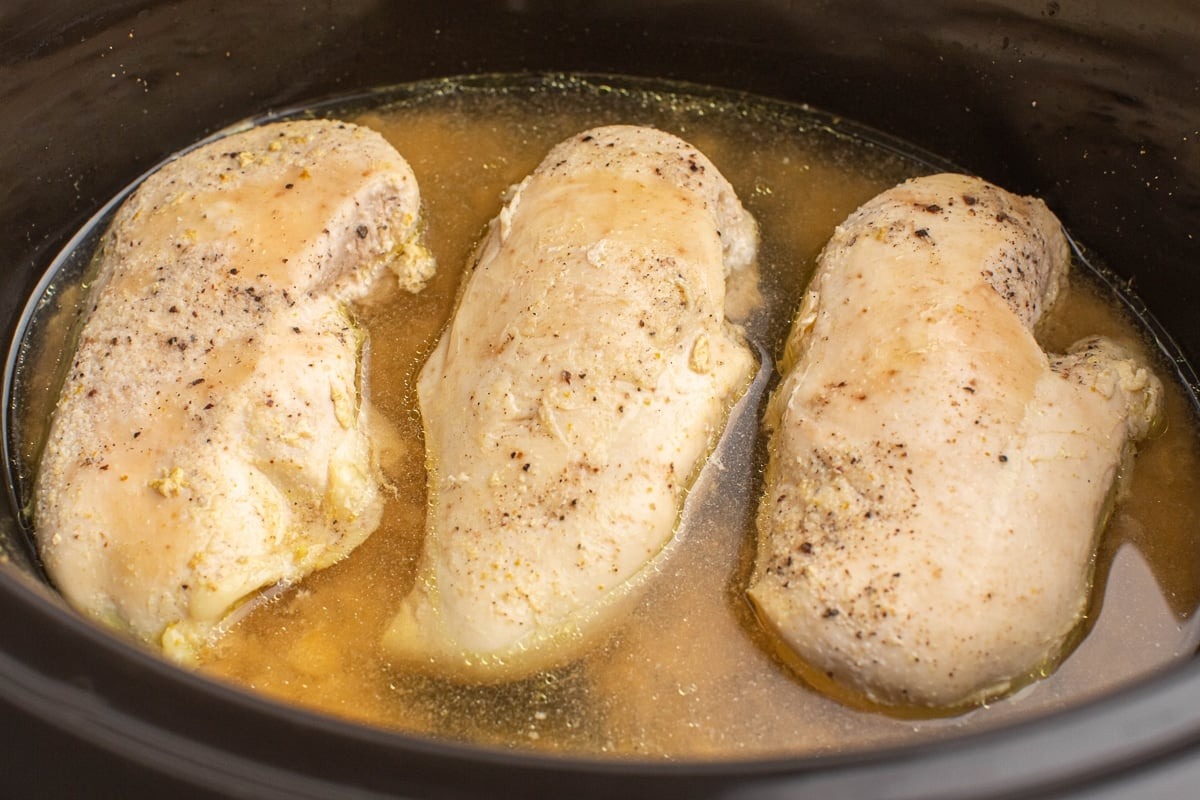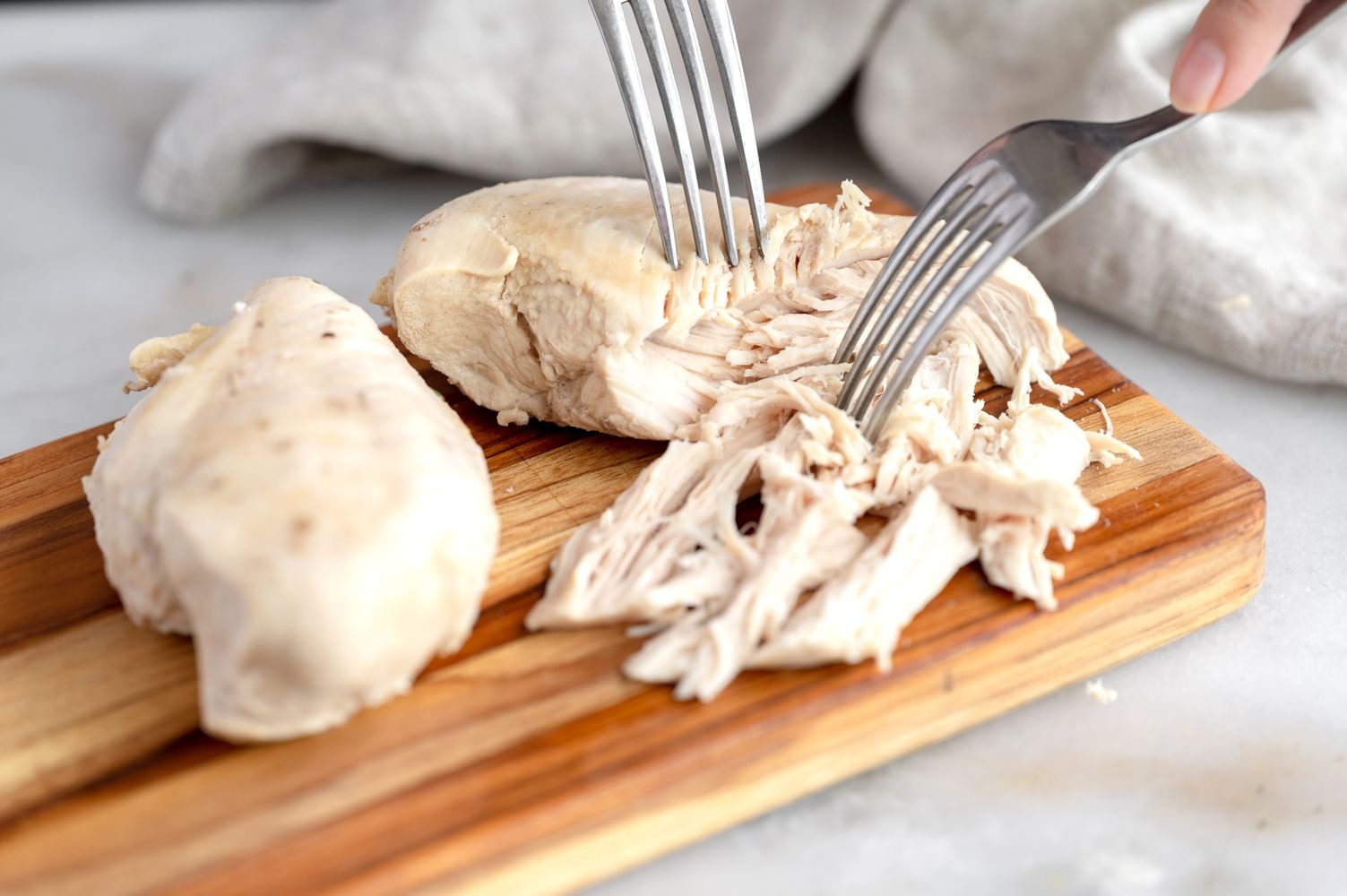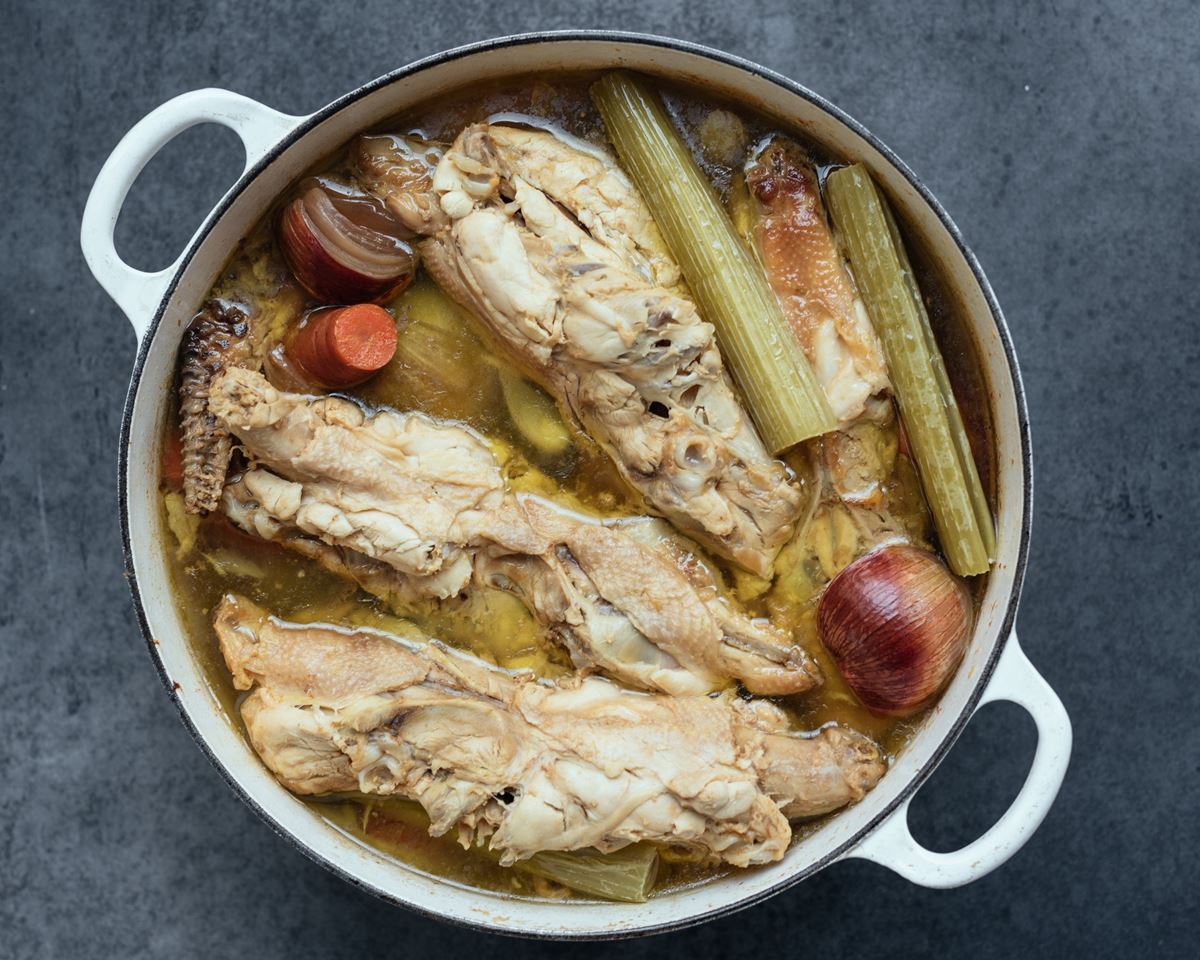How To Boil Fettuccine Pasta
Are you craving a delicious bowl of fettuccine pasta but not quite sure how to boil it to perfection? Fear not! In this guide, we will take you through the steps to achieve perfectly cooked fettuccine pasta every time. So, grab your apron and let’s get boiling!
Ingredients:
- 8 ounces of fettuccine pasta
- Water
- Salt
Instructions:
- Fill a large pot with water, making sure it is deep enough to accommodate the pasta. For every 4 cups of water, add 1 tablespoon of salt. This will help to season the pasta as it cooks.
- Place the pot on the stove over high heat and bring the water to a rolling boil.
- Once the water reaches a rapid boil, carefully add the fettuccine pasta. Make sure to stir immediately after adding to prevent the pasta from sticking together.
- Allow the pasta to cook according to the package instructions. The cooking time may vary depending on the brand, but it usually takes around 8-10 minutes for al dente pasta.
- While the pasta is cooking, prepare a large bowl of ice water. This will be used to shock the pasta and stop the cooking process once it’s done.
- After the recommended cooking time has elapsed, test a strand of pasta for doneness. It should be tender yet slightly firm when bitten.
- Once the pasta is cooked to your desired texture, quickly drain it in a colander and immediately transfer it to the bowl of ice water. The cold water will halt the cooking process and prevent the pasta from becoming mushy.
- Let the pasta sit in the ice water for about 1-2 minutes, then drain it again in the colander to remove excess water.
- Your perfectly boiled fettuccine pasta is now ready to be used in your favorite recipe! Whether you’re making a classic Alfredo, a tangy marinara, or a healthy vegetable stir-fry, the possibilities are endless.
Remember, practice makes perfect, and soon you’ll be boiling fettuccine pasta like a pro. So, go ahead, experiment with different sauces and ingredients, and enjoy the delightful flavors of this beloved Italian dish!
After mastering the art of boiling fettuccine pasta, readers can dive into a range of delicious recipes. They can start with the indulgent Classic Fettuccine Alfredo, which pairs perfectly with the creamy texture of well-cooked fettuccine. For a hearty meal, Fettuccine Bolognese offers a rich meat sauce that clings beautifully to the pasta. Those craving a fresh, vibrant dish will enjoy Fettuccine Primavera, brimming with seasonal vegetables. Seafood lovers shouldn't miss the Shrimp Fettuccine in Creamy Tomato Sauce, combining succulent shrimp with a tangy sauce. For a sophisticated twist, Fettuccine with Truffle Oil and Mushrooms provides an earthy flavor profile that's both elegant and satisfying. These recipes make great use of perfectly boiled fettuccine, turning it into meals that are sure to impress.
Was this page helpful?
Read Next: How To Boil Rice Cakes
